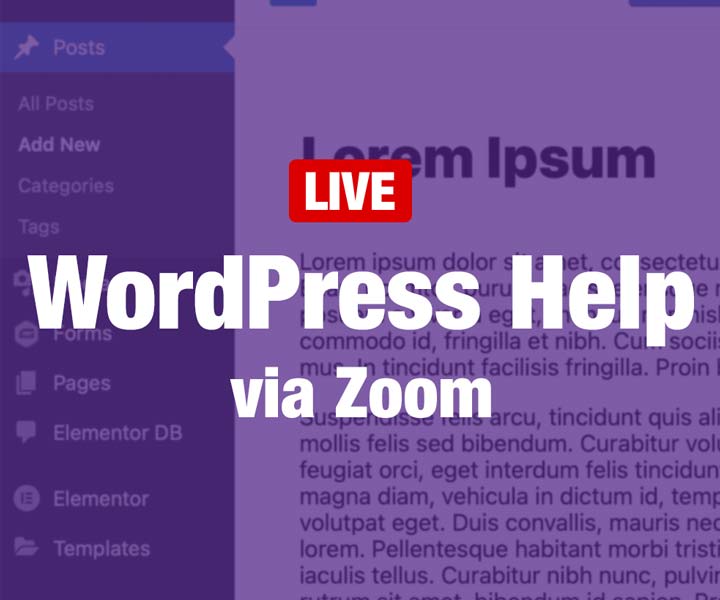This slideshow requires JavaScript.
LEXINGTON A few months back, I sat in Facebook’s New York office discussing business use cases for the ubiquitous social platform. That’s where I learned this gem-dandy:
One billion people use Facebook.
I emphasize: One-seventh of the world’s population uses Facebook. That’s on the web, on their mobiles, and almost all of them are regular users.
I’m a regular Facebook user. Go ahead and look me up (0megancampbellsmith0). I post photos of my adorable children, my caring husband, and I discover a ton of new music through the Spotify app, my new favorite improvement to the Facebook experience.
But importantly to you, I reach about 56,000 Facebook users everyday with my links to the articles we publish here in M.D. UPDATE. Because of it, our online readership is more than double our print readership, and our site analytics show that almost all of our digital readers are patients.
What all this personal disclosure serves to illustrate is that social media is more than a place where folks go to be liked. They do that, but clever folks like you can use social media to glean invaluable insights into your customer, vendor, and peer communities. Used well, social media can impact all areas of your business.
I propose, here at the one billion benchmark, that it is time to stop thinking of social media as a place where people go to be sociable and start thinking of it as a resource to make your business more impactful, efficient, and profitable.
Everyone Is Doing It, Except Doctors
To greater or lesser effect, social media is now the primary access point to digital information for people the world over. With about six times the influence of Google, social media connects more people to the things that matter to them than any other known source.
And what matters most to people? Second only to sex, the most popular reason people go to the web is to get health and medical information.
So what’s the problem? Very few healthcare providers actively contribute to making the web of medical information interesting, factual or useful. An October 2011 poll by the Journal of General Internal Medicine says 94% of physicians shy from social media because they do not trust it to communicate effectively without compromising patient health information.
The solution, of course, is to stop thinking of social media as idle chatter. Some of it may be, but a good bit more really matters. Think of social media with your scientific mind, and you will realize its core technological competency is built to deliver benefit to your business practices. Communication, surely, but also transactional processes like scheduling and billing, strategy processes like assessing community need, and quality processes like improved compliance, all can be accomplished with minimal capital investment when you utilize social media channels to complement your traditional business practices.
Incidentally, if you are one of the thousands of doctors who worry that social media is trying to encroach on your domain, take heart in this fact: The Pew Internet & American Life Project (2011) found that 90% of Americans still believe that medical advice comes from doctors, not “the web.” Here is where physicians and other healthcare providers who maintain social media connections with their patients really flourish.
One reason for social media’s exponential growth is its defiance of the zero-sum mentality. In social media, there’s always more to go around. Social media eliminates barriers, and your marketplace is ever-increasing.
Across the US, several notable health systems are already applying social media’s strengths to their core business strategies. The Mayo Clinic, for example, operates its own social publishing platform which serves to reinforce the brand, reduce customer acquisition costs, and improve patient compliance and outcomes. They also earn extra revenue by selling ads and licensing content.
Yet, you don’t have to be big and notable to start taking advantage of social media’s strengths right away.
If you want to increase customer satisfaction, increase compliance, reduce the time you spend counseling patients individually while increasing the overall quality of patient information, consider developing a social media channel for patients with conditions that benefit from information sharing. Diabetes, cancer, and lupus groups are well known, but maybe your practice should have an asthma group, an ADHD circle, or a breaks and falls club. Hopefully you won’t have many permanent members, but your customers will remember the guidance and bonding and recommend it to friends when they read on Facebook, “OMG My son just fell of the jungle gym. Heading to ER now.”
Start thinking of it as a resource to make your business more impactful, efficient, and profitable.
To learn more about social media strategies for your practice, contact Megan Campbell Smith at mcsmith@md-update.com.


